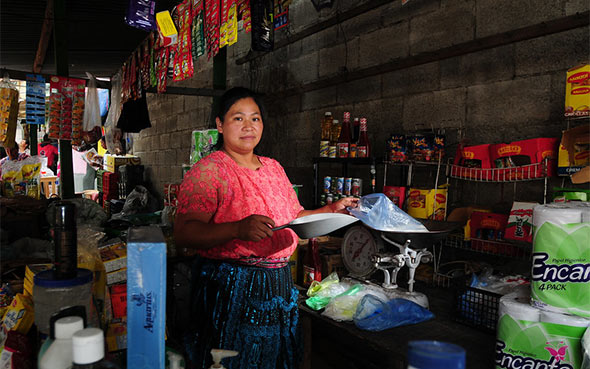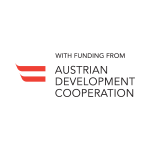
Objectives
Let’s Work Paraguay was a multi-year, multi-pronged program designed to diagnose Paraguay’s main labor market challenges and provide strategic advice to policymakers on how to improve employment outcomes through more, better, and more inclusive jobs.
The objectives of the Let’s Work Paraguay program were to:
- Assess the main drivers of labor supply and labor demand behavior in Paraguay, taking into account the prevailing macroeconomic framework and its current stage of structural economic transformation.
- Evaluate the regulatory setting and policy variables shaping labor market outcomes.
The scope of activities was guided by the Let’s Work pilot framework and evolved over the course of engagement in response to changing government priorities, newly available data, and emerging diagnostic tools. Innovative analysis helped to fill knowledge gaps related to private sector demand for labor and firm productivity, and to gender disparities in employment outcomes.

Stakeholder Engagement
This analytical effort was developed and progressively deepened over time through regular coordination with government ministries; periodic knowledge sharing with technical counterparts; consultation with Let’s Work partners, notably the ILO’s Southern Cone team; and validation check-ins with key civil society partners including researchers, institutes, private sector, and worker representatives.
The scope of activities was guided by the Let’s Work pilot framework and evolved over the course of engagement in response to changing government priorities, newly available data, and emerging diagnostic tools. Innovative analysis helped to fill knowledge gaps related to private sector demand for labor and firm productivity, and to gender disparities in employment outcomes. The cumulative Let’s Work findings were successfully incorporated into country dialogue at the end of 2018.

Outcomes
The long program period also enabled two unanticipated but impactful outcomes:
The first was an analysis of the micro-level database of firms — publicly available for the first time — which facilitated government capacity building to exploit its own data, monitor the high levels of industry concentration, and address its lack of competitiveness.
The second was the facilitation of technical workshops in January-February 2019, which brought together government counterparts from the Ministries of Labor, Planning, Women, and the Department of Census and Statistics, and which helped to shed light on the various data resources already available within government.
Further, the workshops sensitized officials to the analytical findings, increased awareness about cross-cutting issues requiring better coordination and highlighted the labor policy agenda as a factor affecting both job creation and job quality.













